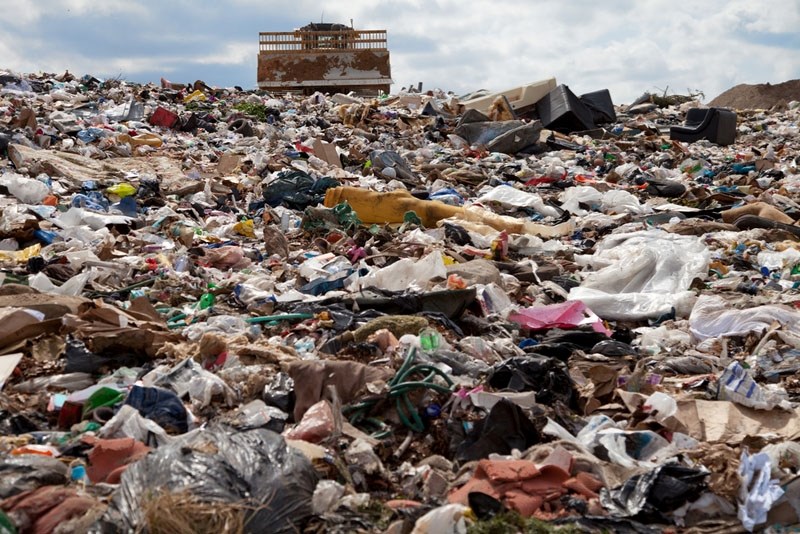Craig Eastman sees gold in Alberta's atmosphere.
Alberta risks getting caught holding the bag as the world turns against fossil fuels due to climate change, he explained.
"We can't keep burning fossil fuels, so we have to have an alternative to support our standard of living."
An engineer and head of Edmonton's EFC-CORP, he's one of a handful of Albertans working to turn this province's greenhouse gas problem into a solution.
Eastman is one of six Alberta innovators who will speak this Friday at the Edmonton Telus World of Science as part of the Manning Symposium on Understanding Climate Change.
The free symposium is being organized by the northern Alberta branch of the Ernest C. Manning Awards Foundation, which gives grants to innovators in the for-profit sector.
This year's forum is all about Alberta's two biggest issues, said branch chair Solomon Rolingher: hydrocarbons and the environment.
"How do the two exist and live together so that we can somehow keep a semblance of our economy going, which is just being killed, and in the meantime honour the commitment that our government and we all have to our environment?"
The forum will feature some of the "bleeding lights" of the environmental and scientific fields who will talk about how Albertans can address climate change and make money at the same time, Rolingher said. Each expert will give a brief three-minute presentation on what they do before breaking off for one-on-one discussions with the audience.
Big ideas
Eastman said he would talk about his company's electrochemical hydrocarbon synthesis device.
"It's sort of like a reverse fuel cell," he said of it. Instead of taking a liquid fuel and turning it into electricity, this 10 by 10 centimetre device, which can easily be scaled up, takes electricity and CO2 and converts it into methanol.
"Once you have methanol, you have everything you need to make plastics and to make fuels," he said, which means you can bypass oil extraction entirely.
Power the device with renewable electricity and atmospheric CO2, and you produce zero net carbon emissions.
"It would be an infinitely recyclable supply of fuel."
Eastman said this could help Alberta break its addiction to petrochemicals and help renewable power generators store their energy. It could also permanently remove greenhouse gases from the atmosphere if the methanol made with it is used to make plastic.
Eastman said he's working on commercializing his product, and predicts that it could get off the ground within five years.
David Lynch of Enerkem Inc. is also set to speak on his company's waste-to-energy work at the Edmonton Waste Management Centre. His company has built a plant that converts trash into methanol.
"There's something like 27 million tonnes a year of CO2-equivalent greenhouse gas emissions coming off of landfills just in Canada," Lynch said.
Instead of letting that waste go to waste, Enerkem has been cooking it at high temperatures to get carbon monoxide and hydrogen to produce valuable methanol. Lynch said they're now working on a way to turn the methanol into acetic and acrylic acid, which are used in dozens of everyday products.
By displacing the fossil fuels you'd otherwise burn to make those products, Lynch estimates that their plant could prevent 100,000 to 300,000 tonnes of greenhouse gas emissions a year at full production. That's equivalent to 15 to 46 per cent of St. Albert's carbon footprint, the Gazette estimates.
Lynch said oil and gas have been great for Alberta's economy, but the province now has to diversify and be open to new business opportunities.
"We've got plenty of people employed here who otherwise wouldn't have jobs because of the slowdown in the oil and gas industry."
The key is to see CO2 as a resource rather than a waste product, Eastman said.
"Instead of just releasing it to the atmosphere, we can recycle it and use it as the backbone for our economy."
The symposium runs from 6 to 9 p.m. Friday and has room for about 100 people. Visit telusworldofscienceedmonton.ca for details.




